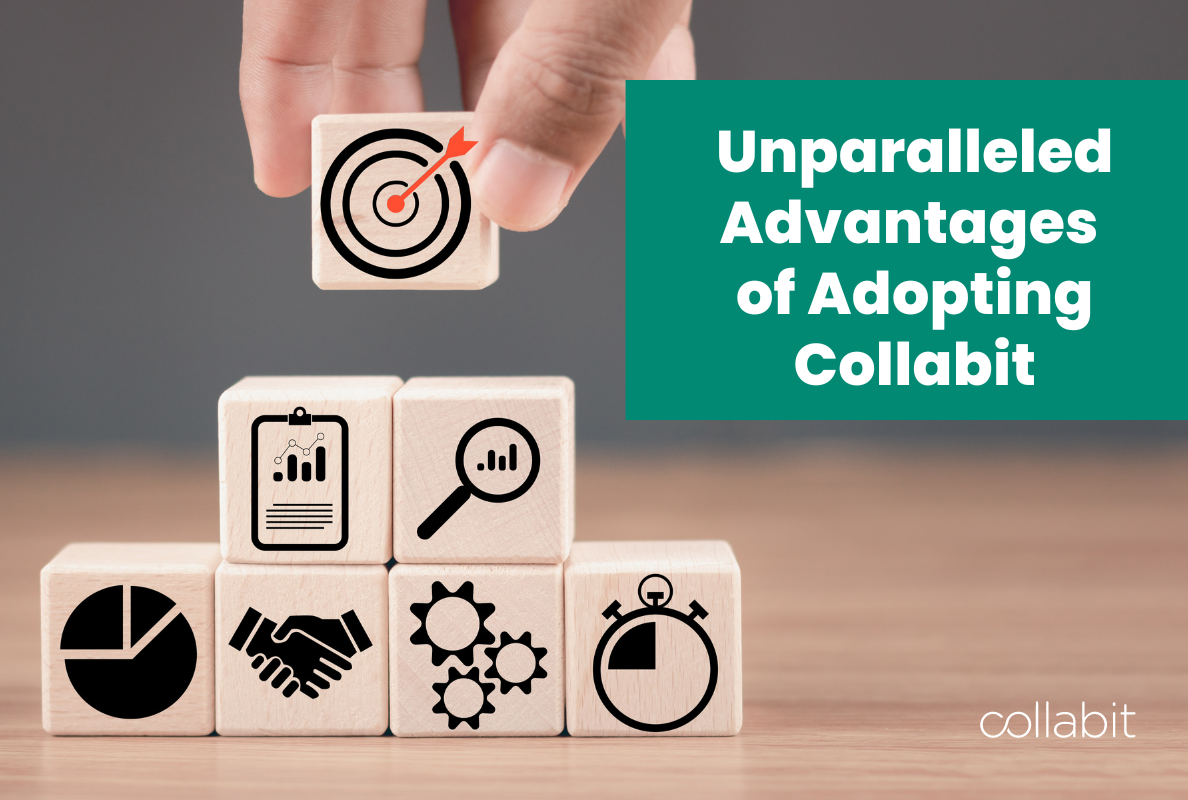Building management is the process of overseeing and maintaining the physical infrastructure of a building, including its facilities, systems, and equipment. This includes everything from HVAC systems to elevators, plumbing, lighting, and security systems. Effective building management requires careful planning, execution, and ongoing maintenance to ensure the safety, comfort, and efficiency of the building’s occupants.
There are several types of building management, including:
- Commercial building management: This involves the management of office buildings, shopping malls, and other commercial properties.
- Residential building management: This involves the management of apartments, condominiums, and other residential properties.
- Facility management: This involves the management of specific facilities within a building, such as a data center, laboratory, or manufacturing plant.
- Corporate real estate management: This involves the management of a company’s real estate portfolio, including the acquisition, leasing, and disposal of properties.

Best Practices for Building Management
- Regular maintenance: Regular maintenance of the building’s facilities, systems, and equipment is essential to ensure they function efficiently and safely. This includes inspecting, cleaning, and repairing any issues as soon as they arise.
- Energy efficiency: Building managers should prioritize energy efficiency by using LED lighting, implementing HVAC controls, and utilizing intelligent building technologies to reduce energy consumption.
- Safety and security: Building managers should prioritize the safety and security of the building’s occupants by implementing access controls, security cameras, and emergency response plans.
- Communication: Building managers should maintain open communication with tenants and stakeholders to ensure their needs and concerns are addressed promptly.
- Sustainability: Building managers should prioritize sustainability by implementing recycling programs, reducing waste, and using eco-friendly materials in construction and maintenance.
- Budget management: Building managers should maintain a detailed budget to track expenses and identify areas for cost savings.
Building management is a critical function that ensures the safety, comfort, and efficiency of a building’s occupants. Effective building management requires regular maintenance, energy efficiency, safety and security measures, open communication, sustainability, and budget management. By following best practices, building managers can ensure that their buildings are well-maintained, sustainable, and cost-effective.
Collabit Software is a powerful tool that can help to build managers streamline their operations and improve their efficiency. With Collabit, building managers can easily track maintenance tasks, monitor equipment performance, and communicate with tenants and stakeholders. Here are some of the ways Collabit can help with building management:
- Maintenance management: Collabit’s maintenance management module allows building managers to create and manage work orders, track maintenance tasks, and schedule preventive maintenance activities. This ensures that all maintenance tasks are performed on time and systematically, reducing downtime and improving equipment performance.
- Equipment monitoring: Collabit’s equipment monitoring module allows building managers to monitor the performance of critical equipment in real-time, detecting potential issues before they escalate into major problems. This helps reduce equipment downtime and improves overall efficiency.
- Tenant communication: Collabit’s communication module allows building managers to communicate with tenants and stakeholders via email, SMS, and other channels. This ensures that all stakeholders are informed of important updates and changes, improving transparency and trust.
- Budget management: Collabit’s budget management module allows building managers to create and manage budgets, track expenses, and identify areas for cost savings. This helps building managers stay on top of their expenses and make informed decisions that improve overall efficiency and reduce costs.
Collabit Software provides building managers with a powerful suite of tools to help them manage their buildings more efficiently. Using Collabit, building managers can improve their maintenance management, equipment monitoring, tenant communication, and budget management processes, ultimately leading to a safer, more sustainable, and cost-effective building.





